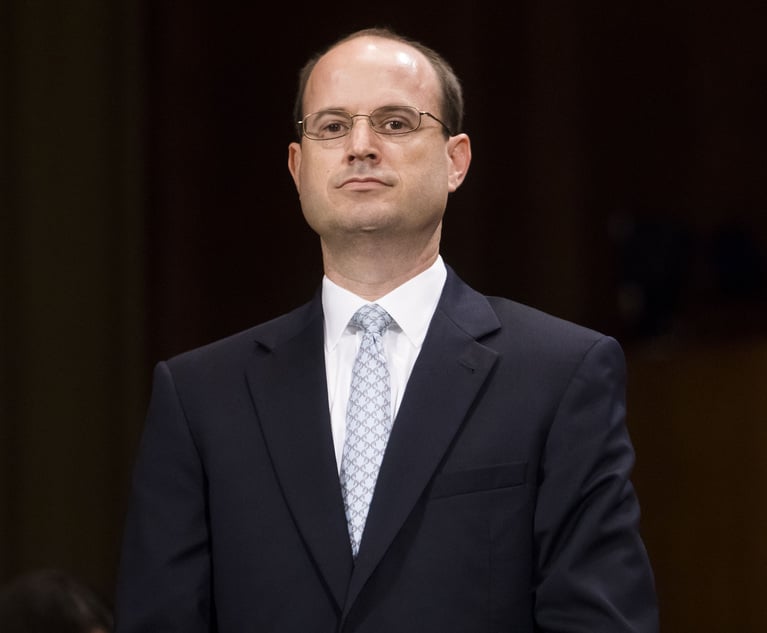As many employers know, mandatory arbitration agreements can be a valuable tool in managing attorney fees and costs associated with employment law litigation—especially when it comes to class or collective action claims alleging violations of overtime or minimum wage under the Fair Labor Standards Act (FLSA). The U.S. Supreme Court made clear in Epic Systems v. Lewis, 584 U.S. __, 138 S.Ct. 1612 (2018) that arbitration agreements containing waivers for class or collective actions do not violate the National Labor Relations Act (NLRA) and must be enforced under the Federal Arbitration Act. Section 8(a)(1) of the NLRA prevents employers from, among other things, interfering with or restraining employees in the exercise of their rights under Section 7 of the NLRA (which permits employees to engage in concerted activity).
But, can an employer revise an existing arbitration agreement to include a provision that its employees also may not opt-in to a collective action, and terminate any employees who refuse to sign? The National Labor Relations Board (NLRB) says “yes.” In a matter of first impression, the board decided Aug. 14, that an employer, Cordúa Restaurants, did not violate the NLRA when it presented employees with a revised version of its arbitration agreement shortly after some employees filed a collective action. After filing the collective action, which alleged violations of the FLSA and the Texas Minimum Wage Act, several of the company’s employees were sent opt-in notices. In response, the company sought to make changes to its existing arbitration agreement. The initial version of the arbitration agreement required that employees waive their “right to file, participate, or proceed in class or collective actions.” The revised version required employees to additionally agree not to opt-in to a collective action. Management presented the revised arbitration agreement to current employees during a staff meeting, and employees were told that they would be removed from the schedule if they failed to sign. Three former employees then filed charges against the employer for alleged violations of the NLRA, claiming, among other allegations, that the revision of the arbitration in response to the filing of the collective action ran afoul of the act, and that the revision itself was unenforceable.


 Lindsay M. Massillon, left, and Elizabeth Pryor Johnson, right, of Fowler White Burnett.
Lindsay M. Massillon, left, and Elizabeth Pryor Johnson, right, of Fowler White Burnett.




